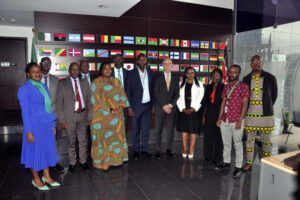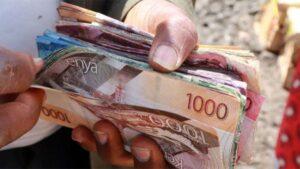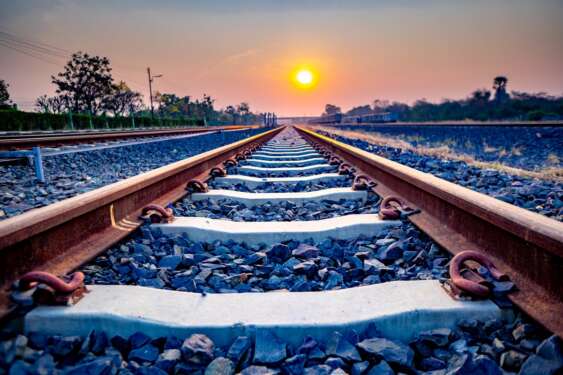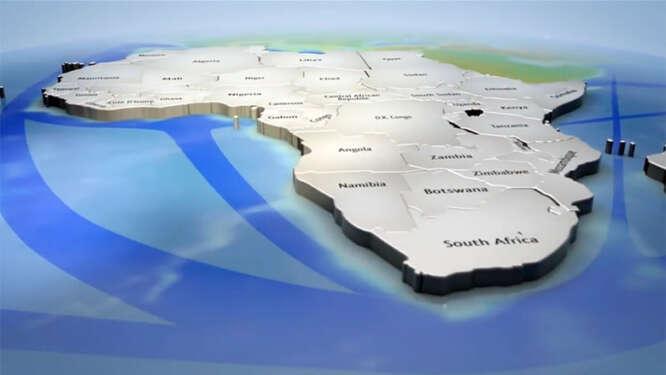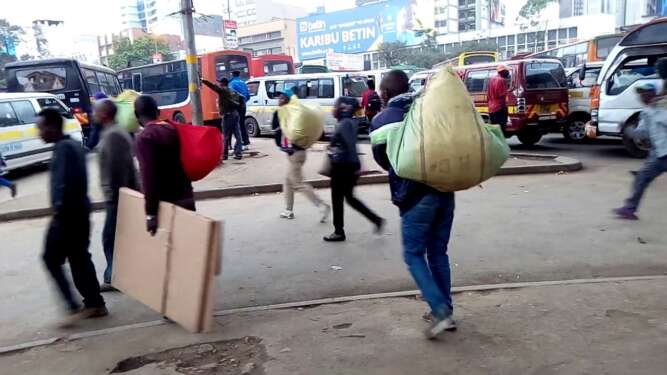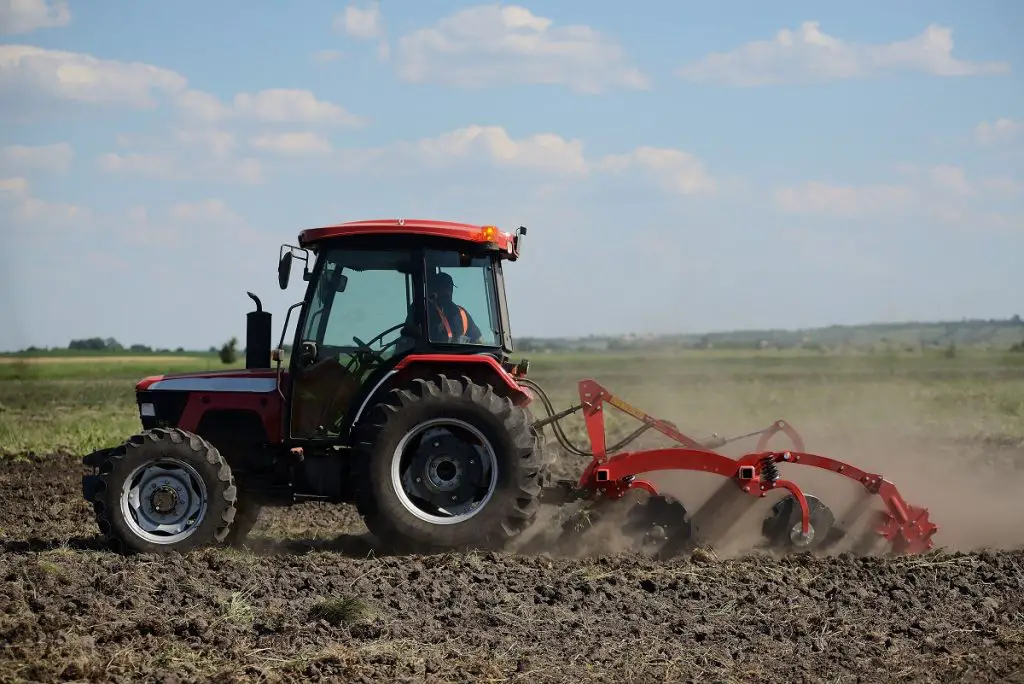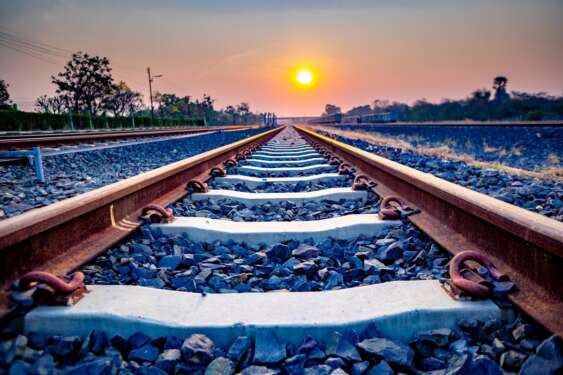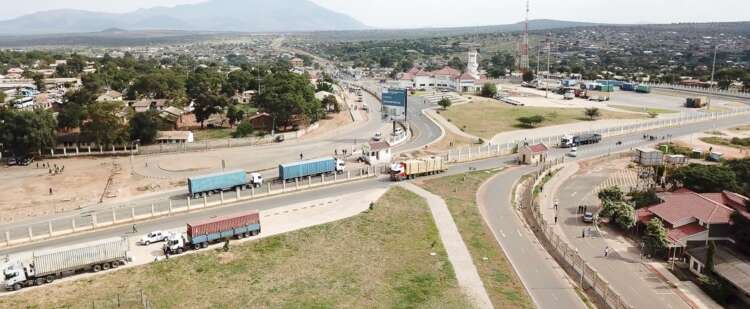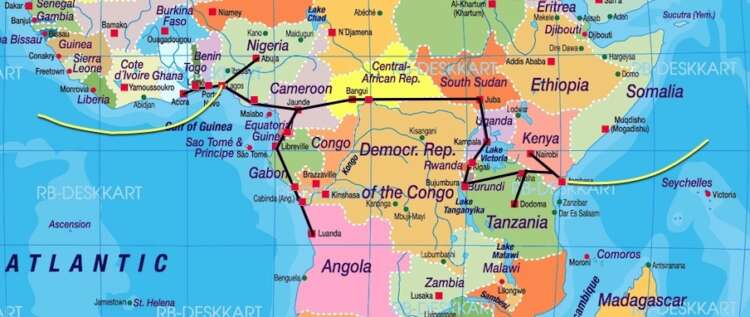- Kenyan Farmers Receive $2M Boost from Africa Fertiliser Financing Mechanism
- Brace for High Interest Rates for a Longer Period World Bank Warns Kenya
- Kenya-Ethiopia Trade Relations: Legislators Advocate for Policy Alignment to Boost Ties
- Visualising the state of debt in Africa 2024
- Abu Dhabi radiates optimism as over 300 startups join AIM Congress 2024
- TLcom Capital Raises $154 million in Funding to Boost Its African Growth
- Africa’s $824Bn debt, resource-backed opaque loans slowing growth — AfDB
- LB Investment brings $1.2 trillion portfolio display to AIM Congress spotlight
Browsing: AfCFTA
While the African Continental Free Trade Area (AfCFTA) has become a reality, developing robust infrastructure is crucial to its operationalisation and success.
For maximum benefit, member states to the trade agreement must be connected physically and digitally through hard infrastructure and connected in the harmonisation and coordination of processes through soft infrastructure.
The pact connecting 1.3 billion people across the 55 African countries with a combined gross domestic product (GDP) valued at US$3.4 trillion faces huge challenges that need quick responses. These responses range from the dependence of African economies on commodity production and exports, the lack of diversification which has caused a mismatch between supply and demand, tariffs and non-tariff barriers (NTBs), inefficient transport infrastructure and poor trade logistics to high-security risk among others.…
 The largest global free trade area by countries is poised to transform Africa’s economic prospects and it could not have come at a more interesting time.
The largest global free trade area by countries is poised to transform Africa’s economic prospects and it could not have come at a more interesting time.
For reasons I won’t get into in this article, the world has witnessed a tremendous rise in populism, protectionism and nationalism. Popular choices in key economies have shifted the status quo bringing into question well-established political and economic powerhouses. With the arrival of the pandemic, trust in governments across the world has diminished and weak leaders in developed economies have found theirselves exposed.
In my view, these elements ironically created a perfect storm for the launch of AfCFTA, the African Continental Free Trade Area. Global trade is going through deep changes either for fears of infection or due to concepts of self economic preservation in smaller developed countries. Border enforcement across the world is shifting on a daily basis and there’s a real …
With the start of trading under the African Continental Free Trade Area (AfCFTA) agreement on January 1, 2021, the continent turned a historic page towards modernising Africa’s economy.
With 34 African countries having created the largest free trade zone in the world by country participation, it is still too early to gauge how the AfCFTA will affect the different facets of the economy including sports and entertainment.
The AfCFTA is the beginning of what many hope will form a workable framework for a modern African economy, at the very least. …
The African Continental Free Trade Area (AfCFTA) is a free trade area which was founded in 2018, has seen the agreement take effect in January this year.
AfCFTA was created by the African Continental Free Trade Agreement among 54 of the 55 African Union nations. Now Kenyan manufacturers have urged government and relevant agencies to urgently address gaps in trade facilitation following the commencement of trade under the Africa Continental Free Trade Area (AfCFTA).
This was during a webinar on the status of implementation of AfCFTA, hosted by Kenya Association of Manufacturers (KAM) in partnership with National Trade Facilitation Agencies, including Kenya Revenue Authority (KRA), Kenya Bureau of Standards (KEBS) and Kenya Trade Agency (KenTrade).
Speaking during the session, KAM Chair, Mr Mucai Kunyiha, recognized the challenges and opportunities in AfCFTA.
According to the world bank, the AfCFTA presents a major opportunity for African countries to bring 30 million people …
Small-scale cross border trade is highly relevant in eradicating poverty and hunger…
With a growing middle class, Africa is now the frontier and the AfCFTA which is already ratified by 30 countries is just an opportunity to enhance investments in the continent.…
Until early 2019, Omar al-Bashir was the President of Sudan after holding the position from June 30, 1989, to April 11, 2019.
For the three decades he was president, the country had not witnessed an uprising over food in the scale as huge, and widespread until 2018 when the country erupted in violence over the price of bread.
So dire was the need for bread which was unavailable that people could go for days without bread. Not because they could not afford it but because it was simply not there.
Read: Will digital agriculture bring economic development to Africa?
This scenario sounds like a scene from a movie but it is the reality facing many African countries.
The lack of food is getting worse every passing year due to several factors including poor seeds and the ravaging effects of climate change and soil degradation. With the continent whose agriculture is …
The Trans African Railway says it works with existing and pending railway infrastructure companies to integrate into an interconnecting network to achieve strategic advantages…
Informal Cross-Border Trade (ICBT) is a key component of intra-African trade which is wide-spread in its composition and is highest in Eastern Africa.…
There are five key instruments adopted for the AfCFTA…
